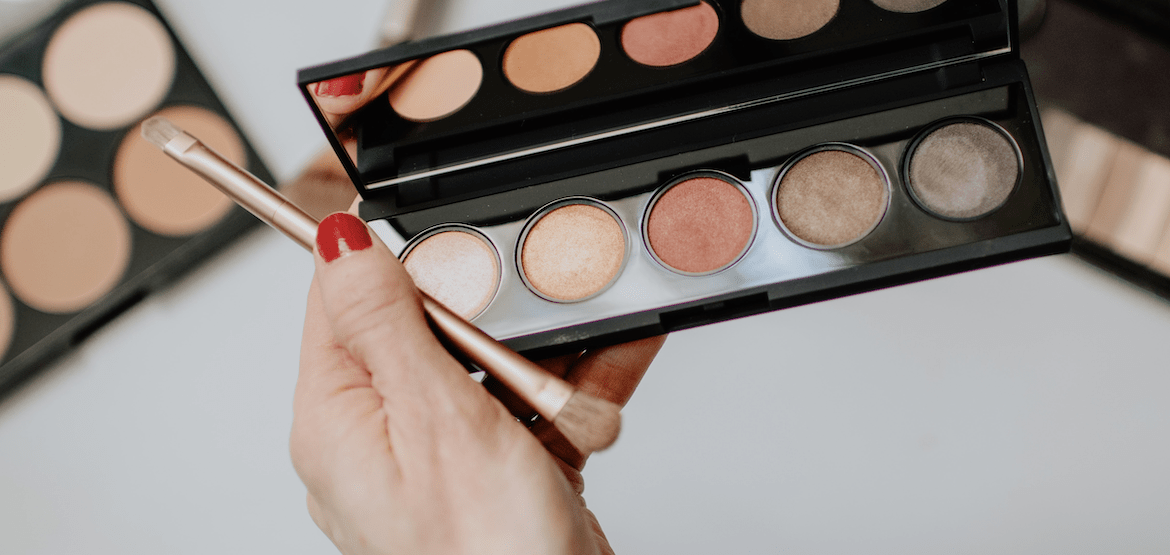The damaging impact of Western beauty standards
Whether consciously or not, we are all aware of what defines Western beauty standards, and we have all been subjected to them. The most recognisable characteristics are being white or light-skinned and slim. This perception is inescapable. We are continually being bombarded with these images through the media, often leading to people who do not possess these features feeling undesirable.
As a society, we tend to reward people with Eurocentric features. This practice is known as “pretty privilege” and creates pressure for people to meet these unattainable standards. It also means that people of colour are often excluded from the ideal image of beauty altogether. However, white people who fulfil some of the standards are treated better than people of colour who are further away from the ideal image.
Beauty is very subjective
I read a tweet that said: “you are not prettier than me, you are just lighter than me”, and this really made me think. Essentially, society favours people based on their proximity to whiteness, which often lends itself to the conclusion that whiter equals prettier, which is not the case.
Beauty is very subjective. People and things can look very different and be just as beautiful. Standards are contingent on place and time, and in the modern-day, it depends on what is trending at the time.
Some of the real and harmful consequences of Western beauty standards include the existence of skin-bleaching creams, hair discrimination, the demonisation of dark-skinned women in the media, fatphobia, ableism, and so much more. We have all internalised these messages, and they are hard to escape.
No one wants to think that they have biases, but we all do
To test what messages you may have internalised, reflect on your dating preferences and consider how you perceive different people before you have even had the chance to talk about them. No one wants to think that they have biases, but we all do, and recognising them is the first step to unlearning them.
Ask yourself: “Is the person actually aggressive or are they just darker-skinned?”, “Do I think that person is unhealthy, or are they just bigger than me?”, “Would I accept this same behaviour from someone if they were conventionally attractive?” It is uncomfortable to confront, but necessary if you want to begin to unpack what we have been taught our whole lives.
I do not think that we can consider beauty standards without discussing the male gaze as they work hand in hand. The male gaze is essentially the idea that women’s purpose in society is to appeal to straight men and their desires.
We are all judging ourselves by male standards
The male gaze perpetuates Western and Eurocentric beauty standards because men internalise these images too. So, what they deem as attractive is what we will continue to be shown. Women also have an internalised male gaze, and this quote from Margaret Atwood best sums it up: “You are a woman with a man inside watching a woman. You are your own voyeur.”
We do not judge ourselves objectively, but instead by whether we will be deemed attractive by others. More specifically, we are all judging ourselves by male standards. Anyone or anything outside of the fixed box of ideal beauty is perceived as deviant.
Men are also victims of beauty standards, but I would argue that they are not affected to the same degree. There tends to be a focus on their personality and talents, and if they are considered attractive, then that is a bonus. For women, if they are not considered to be pretty, their credibility is thrown out before they have even entered the room.
The standard is constantly changing
If there was no ideal to live up to, then perhaps the concept of being pretty would not be topical or have many real-life consequences. The stark reality is that the media unavoidably perpetuate this idea, us as individuals and those around us, both knowingly and unknowingly.
We must remember that not fitting the beauty standard is more than okay, and it does not mean that you are less desirable than those who do. The standard is constantly changing, unfortunately in the realm of white women, but this should not alter our perception of ourselves. We are more than our bodies, and our worth is not inherently tied to how we look, despite how much society tries to convince us.
My advice would be to keep being you and recognise that your appearance is more than enough. Anyone who disagrees is quite frankly, not important.

Comments